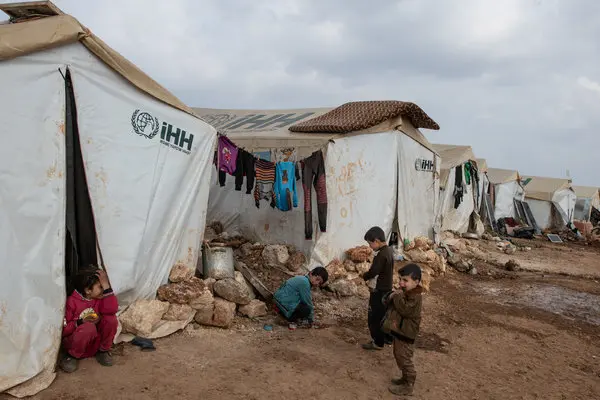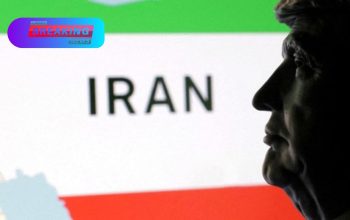Refugee numbers hit record highs worldwide this year, marking the most severe displacement crisis in modern history. The latest data from the United Nations High Commissioner for Refugees (UNHCR) shows millions fleeing war, persecution, and climate disasters at levels never seen before. This alarming trend has sparked protests, urgent calls for action, and a growing fight against human trafficking networks targeting vulnerable people.
Protest Movements as Refugee Numbers Hit Record Highs Worldwide
Across the globe, protest movements have erupted in response to the escalating refugee crisis. In cities such as Berlin, Nairobi, and New York, demonstrators demand more humane asylum processes, expanded resettlement programs, and immediate solutions to the causes of displacement.
Berlin saw thousands march to the Bundestag holding banners that read, “No One is Illegal” and “Refugees Welcome.” In Nairobi, grassroots organizations rallied for fair treatment of Somali and South Sudanese refugees. New York protesters gathered outside the United Nations headquarters to urge wealthier nations to share responsibility.
These movements gain momentum through social media campaigns, amplifying refugee voices and pushing for policies that prioritize humanitarian needs over political hesitation.
Refugee Updates Reflect the Growing Crisis
The UNHCR’s latest refugee updates confirm the severity of the situation. More than 120 million people are now forcibly displaced worldwide, including refugees, asylum seekers, and internally displaced persons. This sharp increase stems from conflicts in Sudan, Ukraine, and Myanmar, as well as the worsening crisis in Gaza.
Countries hosting large refugee populations face mounting strain. Lebanon, where refugees make up over a quarter of the population, struggles with overstretched public services. Bangladesh’s Rohingya camps remain overcrowded and underfunded, facing outbreaks of disease and dwindling aid.
Some nations have responded with positive steps. Canada and Germany expanded resettlement quotas, pledging priority for unaccompanied minors and survivors of violence. However, humanitarian agencies warn that such measures still fall short of what’s needed.
Human Trafficking Threatens Displaced Populations
As refugee numbers surge, human trafficking networks exploit the most vulnerable. Smugglers promise safety but instead trap migrants in forced labor, sexual exploitation, or extortion schemes. In North Africa, traffickers detain migrants until ransoms are paid. Along the US-Mexico border, criminal groups prey on asylum seekers with threats and abuse.
International operations have attempted to dismantle these networks. Europol recently coordinated a crackdown across multiple countries, resulting in dozens of arrests. Yet experts insist that real prevention requires legal migration pathways, stronger protection in first-asylum countries, and more robust border monitoring.
The Path Forward
Refugee numbers hitting record highs worldwide represent a humanitarian emergency that cannot wait. The crisis demands coordinated global action—resolving conflicts, addressing climate-related displacement, and reforming asylum systems.
Protest movements show that public pressure can drive political change. Refugee updates reveal the urgency, while human trafficking cases expose the dangers of inaction. The choice before the world is clear: act decisively now, or face even greater humanitarian and political turmoil in the years ahead.



